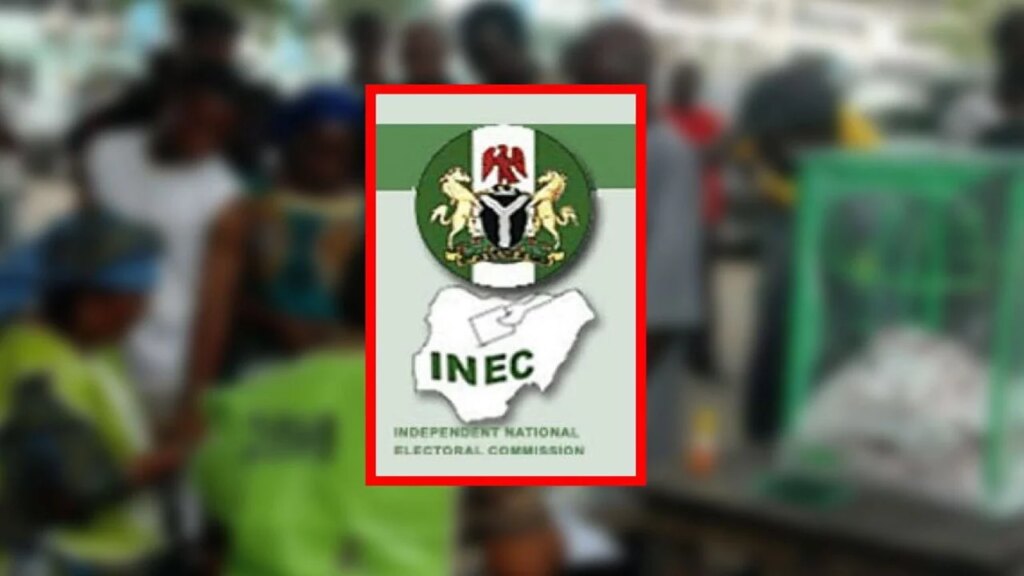Nigeria’s Independent National Electoral Commission (INEC) has finalized the list of five candidates vying for a parliamentary seat in the upcoming Ibadan North Federal Constituency bye-election in Oyo State. The election, set for August 16, follows the death of former lawmaker Musliudeen Olaide Akinremi, who represented the constituency under the All Progressives Congress (APC) until his passing in July 2023.
INEC confirmed the candidates in a statement published Monday, narrowing the field from an initial pool of 19 political parties that had expressed interest. The final list features contenders from five parties: Dexter Femi Akin-Alamu of the African Democratic Congress (ADC), Adewale Haastrup Olatunji of the APC, Olabisi Olajumoke Odususi of the All Progressives Grand Alliance (APGA), Fola Sunday Oyekunle of the Peoples Democratic Party (PDP), and Hammed Badmus of the Zenith Labour Party (ZLP).
The bye-election will fill the vacancy left by Akinremi, a two-term legislator whose tenure was cut short last year. His death triggered a constitutional requirement for a special election within 90 days, though procedural and logistical considerations delayed the process. The Ibadan North constituency, part of Nigeria’s southwest region, elects representatives to the federal House of Representatives, a critical legislative body in Africa’s most populous nation.
INEC’s disclosure marks a pivotal step in restoring representation for the constituency, which has been without a federal lawmaker for nearly a year. While the APC seeks to retain the seat, competition from established parties like the PDP and smaller groups such as the ZLP underscores the dynamic political landscape in Oyo State. Observers note the reduced candidate list—down from 19 parties to five—reflects stricter adherence to electoral guidelines, including nomination deadlines and documentation requirements.
The election will test voter sentiment in a region historically contested by Nigeria’s major political blocs. Analysts highlight the APC’s organizational advantage but caution that voter turnout and local alliances could sway results. The PDP, Nigeria’s main opposition party, has campaigned on addressing economic disparities and infrastructure gaps in the urban constituency.
INEC has yet to announce detailed logistics but confirmed adherence to its election timetable, with voter accreditation and ballot counting expected to follow established protocols. The commission urged candidates to uphold peaceful campaigning, a recurring concern in Nigerian elections, where disputes occasionally lead to violence.
The outcome of the vote will determine representation for Ibadan North’s over 400,000 registered voters, who await a voice in national legislative debates. As campaigns intensify, the race spotlights Nigeria’s evolving electoral processes and the challenges of ensuring timely governance amid unexpected vacancies.
